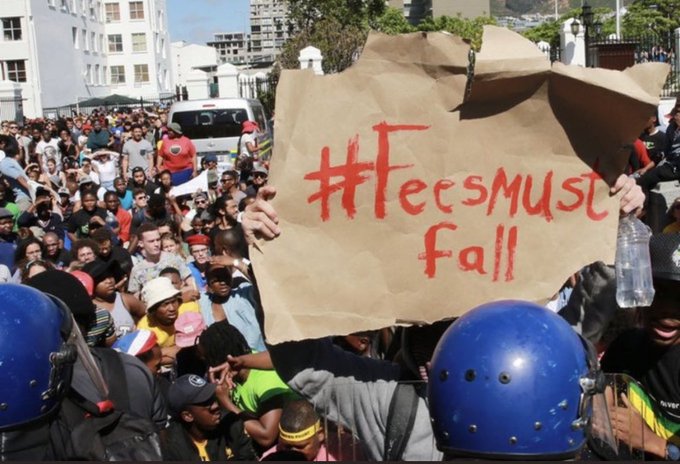|
Getting your Trinity Audio player ready…
|
By Zimbabwe Coalition on Debt and Development (ZIMCODD)
The recent fee hike by the University of Zimbabwe (UZ) scintillates education inequality, elitism, and a lack of robust and inclusive consultative forums. The fees hikes make higher and tertiary education a privilege of the minority, the rich, and the politically connected.
For a country that has more than half of its population (7.7 million) living in extreme poverty, expecting students to afford the new fees is unjust. The new fee structure shows a 1000% increase from the current fees, a jump from ZWL 50 000 to ZWL 500 000. The failure by the university authorities to engage the Student Representative Council (SRC) prior to the announcement or the final decision shows the university authorities’ disregard for the SRC. This defies democratic representation and the purpose of the SRC, as it is part of the governance structure of the university calibrated to ensure a synergy between the bottom-up and top-down systems.
The fees hike also makes one wonder government`s sincerity with respect to Human Capital Development and Innovation which is pillar seven of the National Development Strategy (NDS)1. The pillar seeks to reinvigorate and revitalise human capital development in the country for strategic innovation, development, and national growth.
However, the attainability of set and prescribed policy goals have been threatened unless immediate action is taken by the government to ensure affordability and inclusivity of education.
This is because the current fee structure facilitates the exclusion of marginalised and vulnerable students who form the majority of the students at universities. A rapid response survey conducted by ZIMCODD at the UZ shows that majority of the students are struggling to pay the previous fees set by the University. Thus, the new fee structures are a nightmare, a threat to their hopes and future. The hike in the fees must have been corroborated with an increase in the salaries of civil servants only then will it have made sense.
As it stands, the fee hike has been made without student consultation. The fees are a fair reflection of the agony and misery being encountered by Zimbabweans. For human capital development and national transformation, the government needs to bring back the fee subsidies and education grants to ensure education inclusivity and accessibility.
